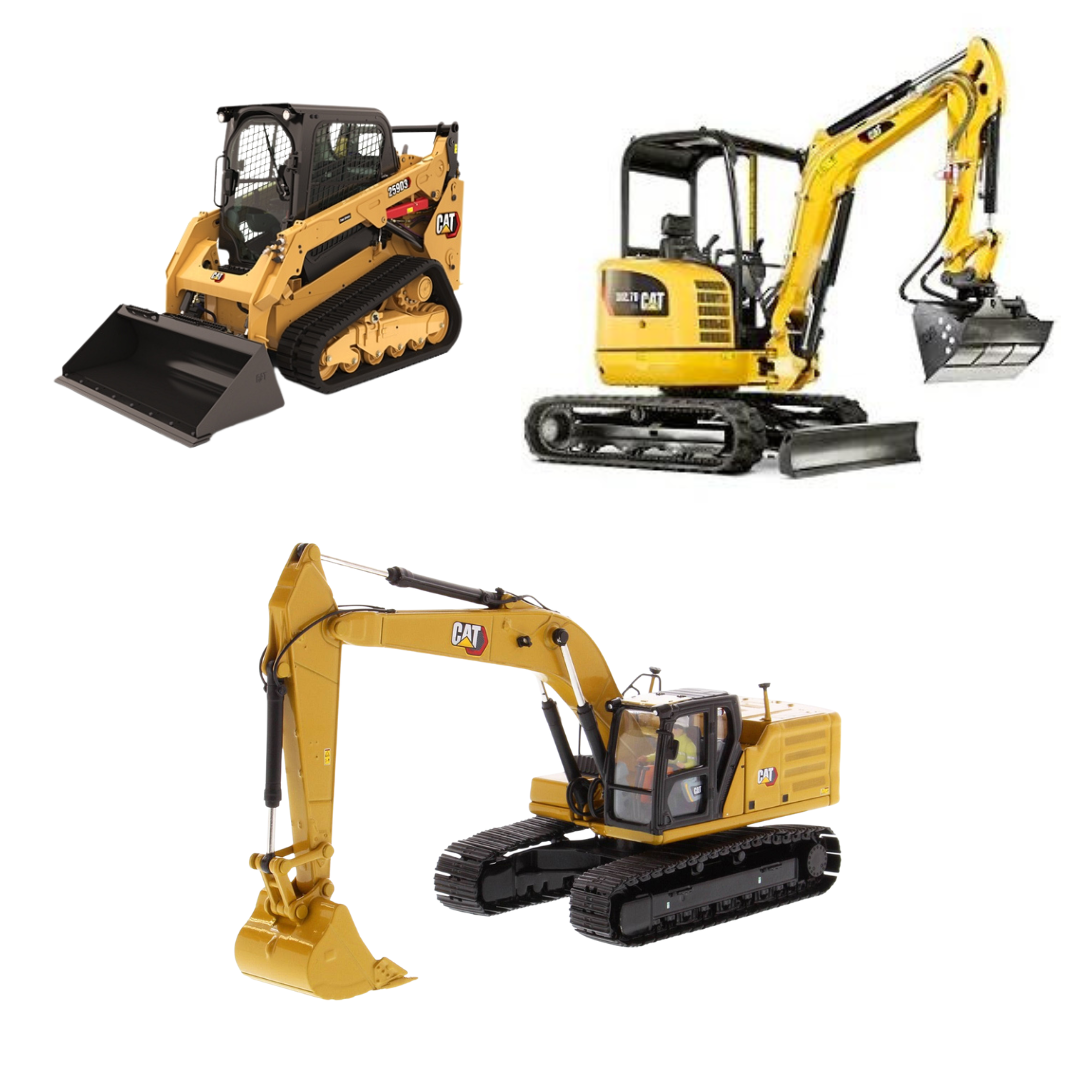Dozer Rental: Powerful Earthmoving Tools for Your Construction Needs
Wiki Article
Maximize Your Budget by Understanding the Expenses Connected With Construction Equipment Services
Understanding the complete scope of prices associated with construction devices rentals is crucial for maximizing your budget. What techniques can be employed to effectively handle these expenses and make sure a more efficient rental experience?Overview of Rental Costs
When taking into consideration construction tools leasings, understanding the linked costs is vital for effective budgeting and project planning. Rental costs can differ considerably based upon numerous aspects, consisting of tools type, period of rental, and location. The initial rental charge usually reflects the equipment's market need and its associated operational capabilities, influencing the overall expense.Along with the base rental price, ancillary costs may develop, such as transport fees, gas surcharges, and upkeep fees. It is essential to account for these extra costs to precisely evaluate the total cost of renting tools. The rental period can affect prices; longer rentals might certify for affordable rates, while short-term rentals may sustain greater everyday fees.

Failure of Rental Prices
A thorough understanding of rental prices is necessary for specialists and task supervisors intending to maximize their spending plans. Rental rates for construction equipment typically contain several elements, including base prices, time-based costs, and use costs.Base prices are the core costs connected with the rental of the devices, usually identified by the type and dimension of the machinery. These prices can differ considerably, affected by factors such as equipment demand, schedule, and local market patterns. Time-based fees, which may be daily, weekly, or monthly, serve to fit various project timelines and rental periods.
Furthermore, rental prices may include use charges, which apply when devices is used beyond a defined limit, making certain that the rental business can make up deterioration. Seasonal demand changes can likewise influence rental rates, with peak construction seasons usually regulating greater prices.
Additionally, understanding the rental company's plans concerning maintenance and insurance coverage can give additional understanding right into the overall expense structure. By examining these elements, contractors can make educated choices, guaranteeing the option of rental equipment lines up with both project demands and spending plan constraints.
Extra Charges to Take Into Consideration
Understanding the intricacies of extra charges is vital for contractors to manage their overall rental expenses efficiently. Past the common rental prices, numerous supplementary fees can dramatically influence the complete price of tools service. These charges commonly consist of distribution and pick-up fees, which can vary based on range and logistics associated with carrying the equipment to and from the job website.Moreover, some rental firms might impose fuel additional charges if the devices is returned with less fuel than here are the findings when leased. It is additionally vital to understand potential cleansing costs, especially for specific equipment that requires thorough upkeep after usage.

Thoroughly assessing the rental contract and clarifying these added charges upfront can aid specialists make certain and prevent unexpected prices that budget plans remain undamaged throughout the job lifecycle.
Maintenance and Fixing Costs
Normal repair and maintenance costs are frequently overlooked variables that can dramatically affect the total price of building and construction tools services. When leasing devices, it is crucial to think about not just the rental fees yet also the possible costs connected with keeping the machinery in optimum operating condition.Lots of rental firms include fundamental maintenance as part of the rental contract; however, extra unforeseen failures or comprehensive repair services can bring about additional expenses. It's important to review the rental contract thoroughly to comprehend what upkeep solutions are covered and what duties drop on the renter.
Additionally, devices that is not well-kept can cause inadequacies at work site, potentially enhancing and triggering delays task expenses. To reduce these dangers, it is a good idea to carry out routine assessments and preserve open communication with the rental supplier relating to any type of problems that occur during use.
Insurance and Liability Prices
Insurance policy and responsibility expenses are vital elements that can considerably affect the overall expense of building and construction tools leasings (aerial lift rental). These prices make sure that both the rental company and the customer are secured from prospective financial losses arising from crashes, damage, or theft throughout the rental period
Additionally, clients must understand any kind of deductibles or exclusions in the insurance coverage policy, as these can impact possible out-of-pocket costs. Recognizing the terms and conditions of any kind of insurance coverage is essential to avoid unforeseen prices. Ultimately, budgeting for large backhoe insurance policy and responsibility costs local heavy equipment rental can assist ensure a smoother rental experience and safeguard versus economic threats related to construction jobs.
Verdict
In conclusion, a comprehensive understanding of the expenses connected with building devices services is essential for reliable spending plan administration. Eventually, educated decision-making regarding devices leasings contributes to the overall success of construction endeavors.Rental expenses can differ significantly based on a number of elements, consisting of devices type, period of leasing, and location (rental company near me). The rental period can influence prices; longer rentals might qualify for affordable rates, while short-term leasings might sustain higher day-to-day charges
By performing complete research and involving with credible rental companies, service providers can successfully navigate the complexities of rental rates, eventually optimizing their financial sources.
Beyond the conventional rental rates, numerous supplemental costs can considerably influence the total expense of equipment leasing. Rental firms frequently give liability insurance coverage that covers injuries to 3rd parties or damages to residential or commercial property, while tools damages insurance can cover the expense of fixings or replacement if the leased devices is harmed.
Report this wiki page